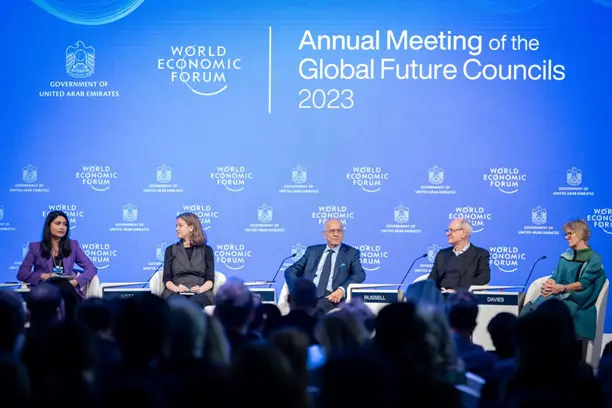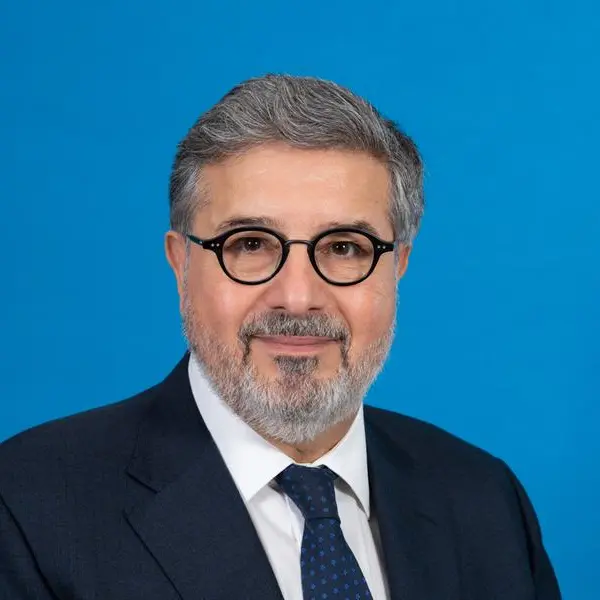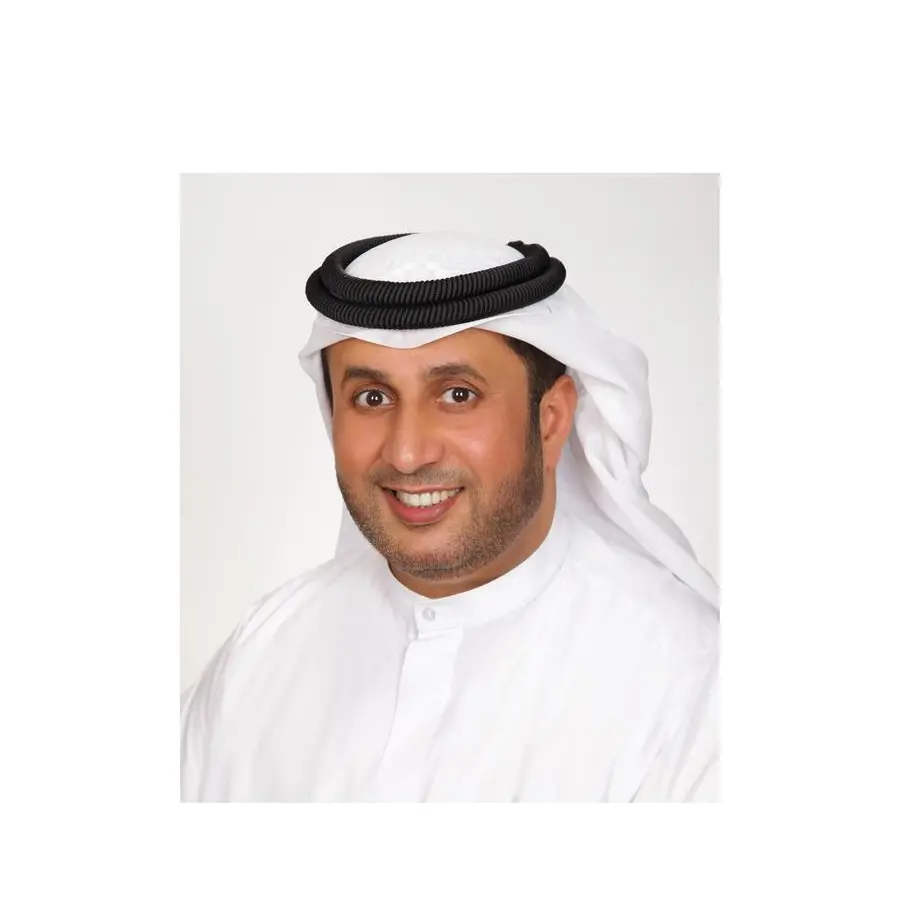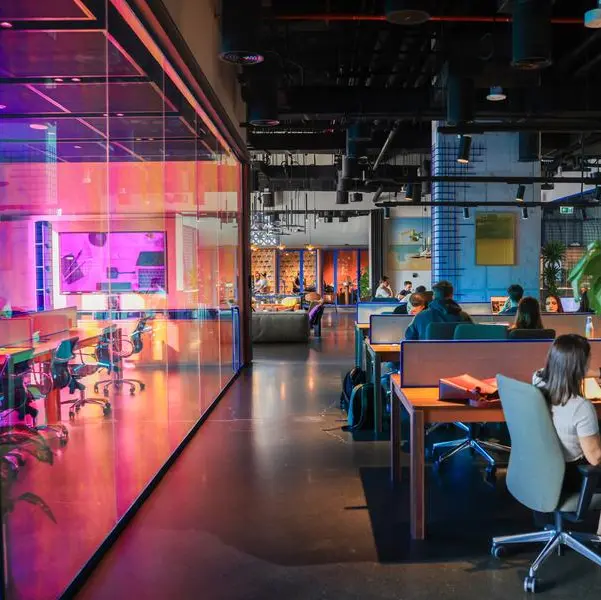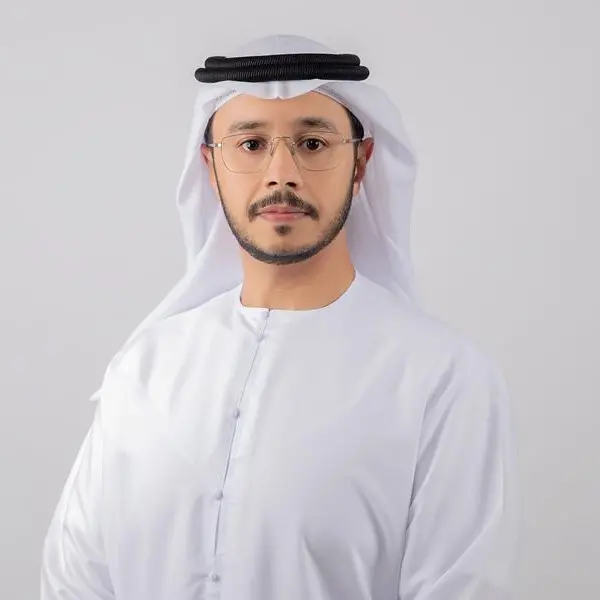PHOTO
Dubai – Governments must pioneer new, forward-thinking approaches to climate action, global development, healthcare and artificial intelligence (AI) to accelerate human progress, said experts from Columbia University, Cambridge University, University of California, Berkeley and the Center for Global Development at the opening plenary session of the Global Future Councils, which is held in Dubai from 16 to 18 October.
Melissa Lott, Senior Director of Research at Columbia University, underscored the importance of transitioning to net-zero and the varied pathways this will necessitate for different communities. She emphasized the urgency of moving quickly and efficiently to prevent dire consequences.
"Today, we have gaps in opportunities between different communities; the risk is we don't move fast enough. Also, there is a risk we don't move the money we need to different parts of the world that need it," Lott said.
Masood Ahmed, President of the Center for Global Development, highlighted the achievements and setbacks in global development over the past two decades. But he expressed optimism in harnessing digital AI to accelerate development, noting the tremendous energy and innovation among young people globally.
"Global development is about making people's lives better so that they have access to resources and technology and live in dignity. While there has been huge success, there are still pockets of communities, countries, and people not participating in this success, and it is hard to reach them. The big challenge is helping them catch up," Ahmed said.
Stuart Russell, Professor of Computer Science at the University of California, Berkeley, provided a deep dive into the developments, potential, and risks of AI. While AI offers incredible opportunities in education, medicine, and other fields, its unchecked growth poses existential questions for humanity, the panel heard.
“The risk of AI is that our intelligence is what gives us power over the world; other species survive because we ordain to allow it. If we create systems more powerful than ourselves, how do we retain power over systems more powerful than ourselves forever? We only have partial answers," Russell said.
He emphasized the importance of integrating ethical considerations and human sciences into the AI discussion to ensure its safe and beneficial deployment.
Sally Davies, Master at Trinity College, Cambridge University, highlighted the extensive global impact of superbugs, which now cause more deaths than some major diseases combined.
Calling for collaboration across disciplines, especially between frontline workers and drug producers, Davies said: “Anti-microbial resistance is the grand pandemic; we are talking about superbugs, organisms that develop resistance to treatments. It's the third most important underlying cause of death across the world, causing more death than HIV, tuberculosis, and malaria.”
Experts are gathering between 16-18 October in Dubai to address these questions and many more as part of the World Economic Forum’s (WEF) Annual Meeting of the Global Future Councils 2023.
The meeting is a critical opportunity for experts from around the world to meet and collaborate on solutions that will improve economic growth and human development.
Some 600 academics, futurists and officials from around the world are convening in Dubai to address topics such as job creation, cybersecurity, international trade, climate and food and water security, among others.
